Russia says seized full control of east Ukraine’s key city after fierce fighting
Russian Defense Minister Sergei Shoigu on Tuesday said the country’s forces have seized full control of the residential areas of Sievierodonetsk, a key city in Ukraine's east, while also announcing the arrest of thousands of Ukrainian troops.
The top defense official announced that the Russian forces were now controlling 97 percent of the former Soviet republic’s restive Luhansk region after weeks of fierce fighting between the two warring sides.
“The residential areas of the city of Sievierodonetsk have been fully liberated,” Shoigu told a defense ministry meeting in televised remarks on Tuesday, adding that the Russian military was still seeking to establish control over the eastern city’s “industrial zone and the nearest settlements.”
Sievierodonetsk, the administrative center of Ukraine’s Luhansk region, and nearby Lysychansk have recently been the focus of the Russian military operation in Ukraine, which is now into its fourth month.
Shoigu stressed that Russian forces were currently in control of the eastern Ukrainian port city of Mariupol, the second busiest port in the country before the offensive began in late February.
“The de-mining of the Mariupol port is complete. It is operating as normal and has accepted the first cargo ships,” the Russian defense minister noted.
Shoigu added that the Russian troops were pressing their offensive toward the town of Popasna — with a pre-war population of 20,000 located about 30 kilometers south of Sievierodonetsk — and noted that they have taken control of Lyman and Sviatohirsk and 15 other towns in the region.
“As a whole, 97% of the territory of the Luhansk People’s Republic has been liberated to date,” Shoigu said. “A considerable part of the Donetsk and Luhansk People’s Republics along the left bank of the Seversky Donets has been liberated, including the towns of Krasnyy Liman and Sviatohirsk, and also 15 other populated localities.”
Luhansk governor Serhiy Haidai confirmed that Russian forces had seized full control of the industrial outskirts of Sievierodonetsk, which came after the fiercest fighting, including street battles.
The Kremlin launched a military operation in Ukraine in late February, following Kiev’s failure to implement the terms of the Minsk agreements and Moscow’s recognition of the breakaway regions of Donetsk and Luhansk.
At the time, Russian President Vladimir Putin said one of the goals of what he called a “special military operation” was to “de-Nazify” Ukraine.
Ever since, the United States and its Western allies have supplied heavy weaponry to Ukraine and shared critical intelligence with the government in Kiev, while imposing unprecedented sanctions on Russian officials and entities.
Moscow has repeatedly warned that Western support would indefinitely prolong the war in Ukraine.
Russia captures some 6,500 Ukrainian forces
In his remarks on Tuesday, Shoigu also announced that some 6,500 Ukrainian soldiers had surrendered to Russian troops since the start of Moscow’s military campaign in the former Soviet republic.
“Over the last five days, 126 soldiers of the Ukrainian Armed Forces have surrendered, the total number amounts to 6,489 people,” Shoigu said.
Russia on Tuesday claimed that its military forces had destroyed two artillery systems given by the United States and a howitzer supplied by Norway, both deployed in eastern Ukraine.
Russian Defense Ministry spokesman Igor Konashenkov said the country’s artillery barrage had destroyed other Ukrainian equipment in the country’s east while the Russian air force hit Ukrainian troops and equipment concentrations and artillery positions.
Russia confirms broken ties with rights court
In a separate development on Tuesday, the Russian parliament passed a series of laws allowing Moscow not to comply with the top European human rights court’s rulings.
Under the new laws passed by the State Duma, Russia’s lower parliament house, Russian authorities are no longer obliged to comply with rulings of the European Court of Human Rights issued after March 15.
The move by the Russian parliament formalized the already-broken ties between Moscow and the Council of Europe, the continent’s foremost human rights body.
State Duma speaker Vyacheslav Volodin described the court as a “tool of a political battle against our country in the hands of Western politicians,” adding that “some of its rulings went directly against Russia’s Constitution, our values, our traditions.”
Volodin cited a ruling demanding that Russia recognize same-sex marriage, which was outlawed two years ago in a set of constitutional amendments.
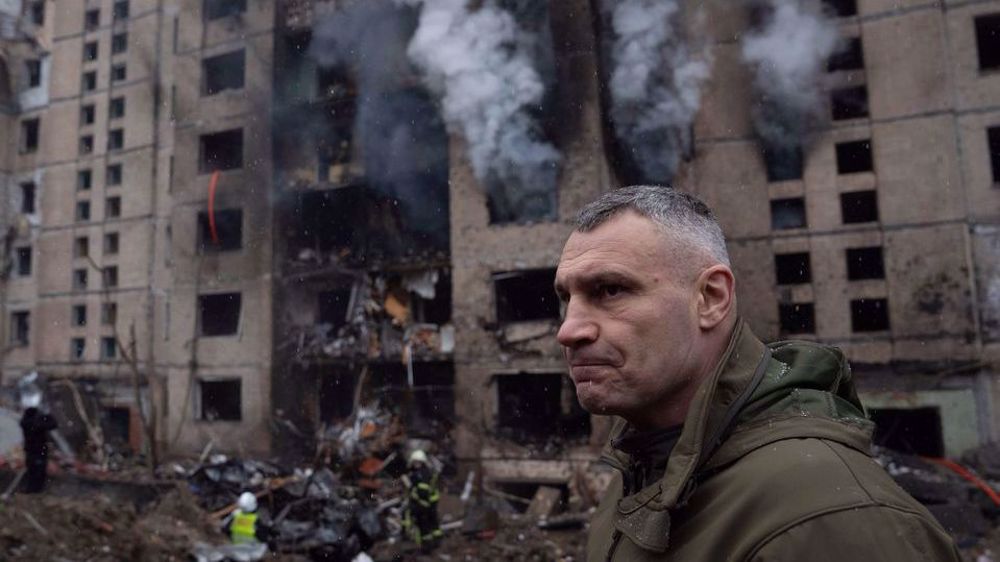
Ukraine may have to 'give up land' to Russia to secure peace: Kiev mayor
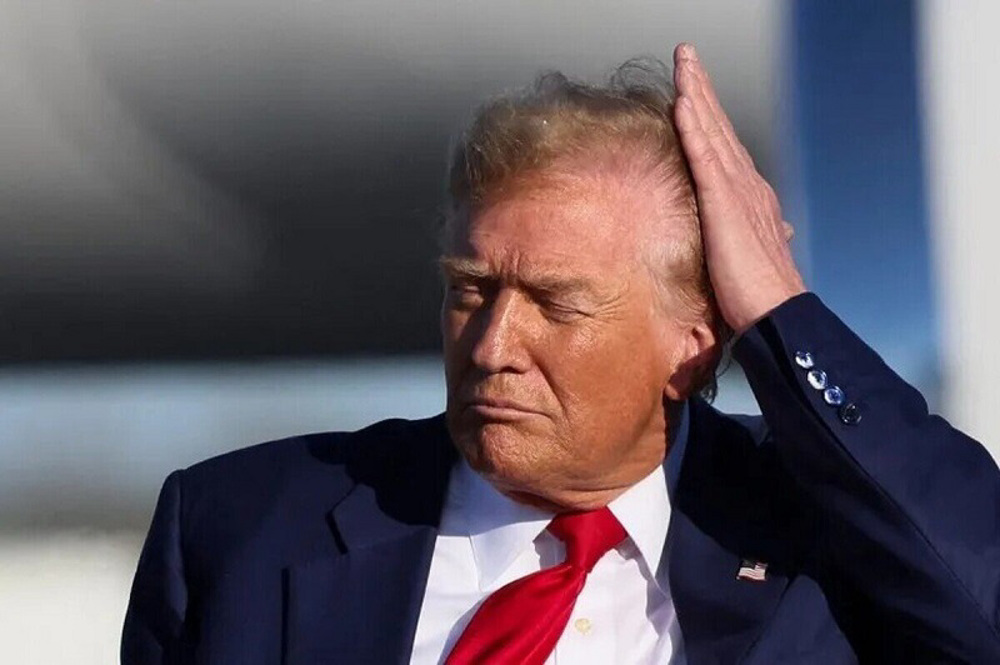
Trump Ukraine mediation muddle
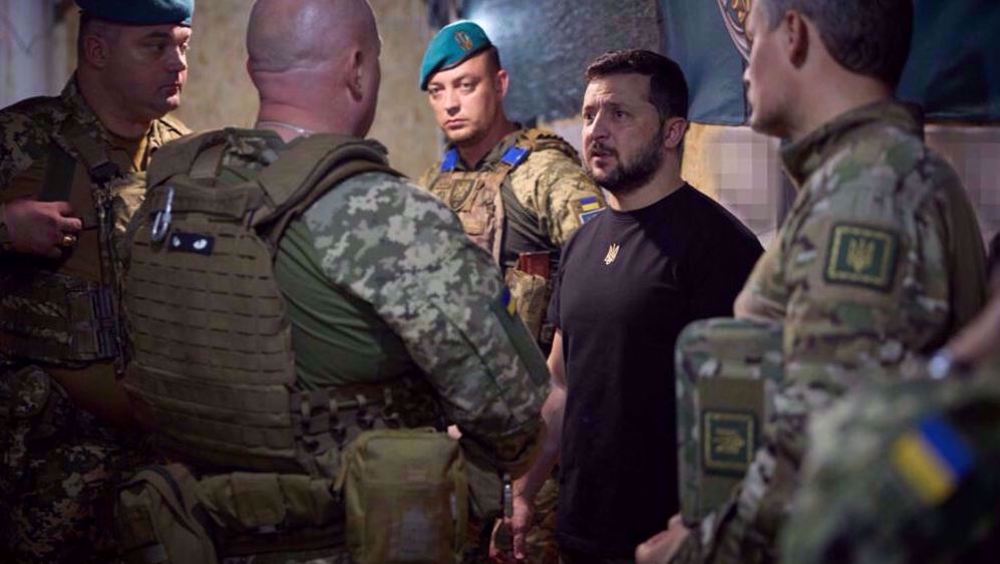
Ukraine peace talks downgraded in London as Kiev rebuffs Trump’s proposal
Iran offers mediation as India-Pakistan tensions escalate
VIDEO | Massive rally in Yemen continues support for Palestine despite US aggression
Iran backs sovereign, stable Syria free of terrorism, UN envoy says
Iran-US talks: Trump, sanctions and the mirage of a durable nuclear deal
VIDEO | Gaza’s looming famine
US universities defy Trump deportations of foreign students
WFP: Food stocks depleted in Gaza due to all-out Israeli blockade
Yemenis hold nationwide rallies to condemn US aggression, support Palestine


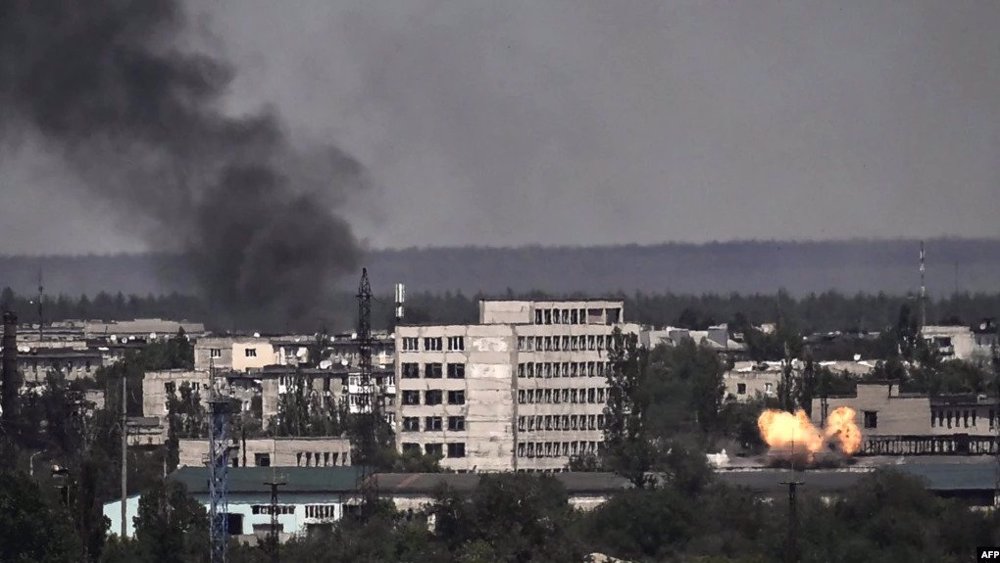
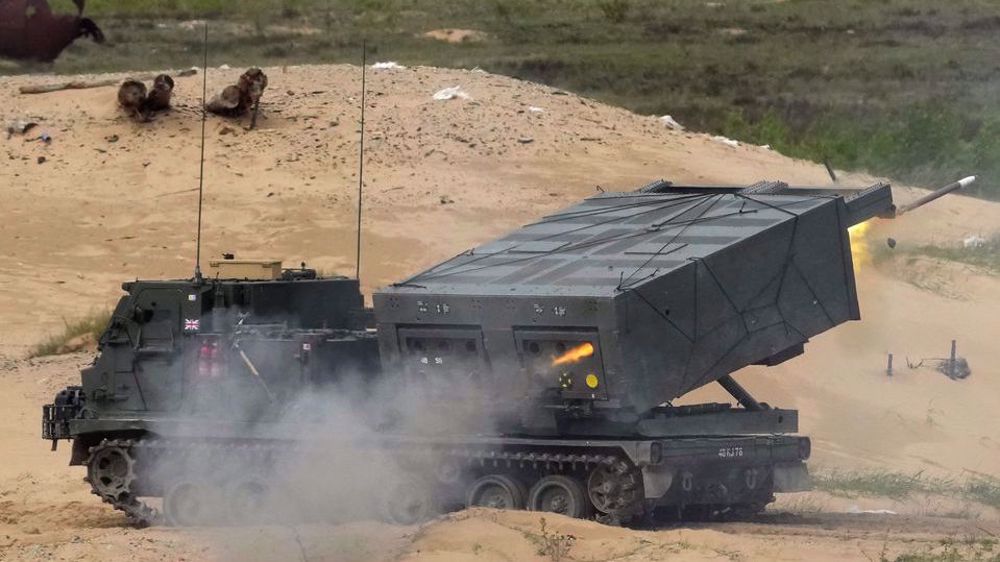
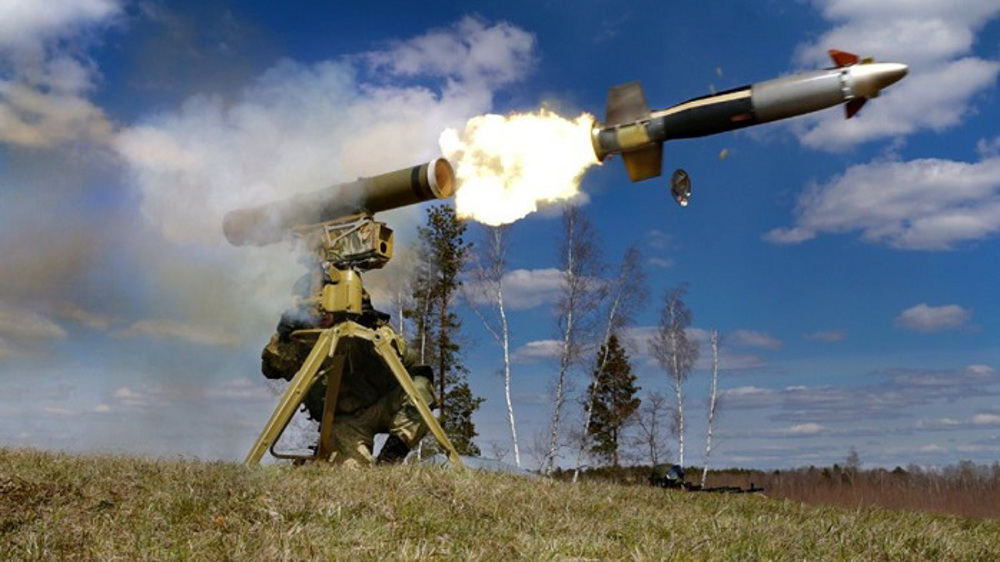



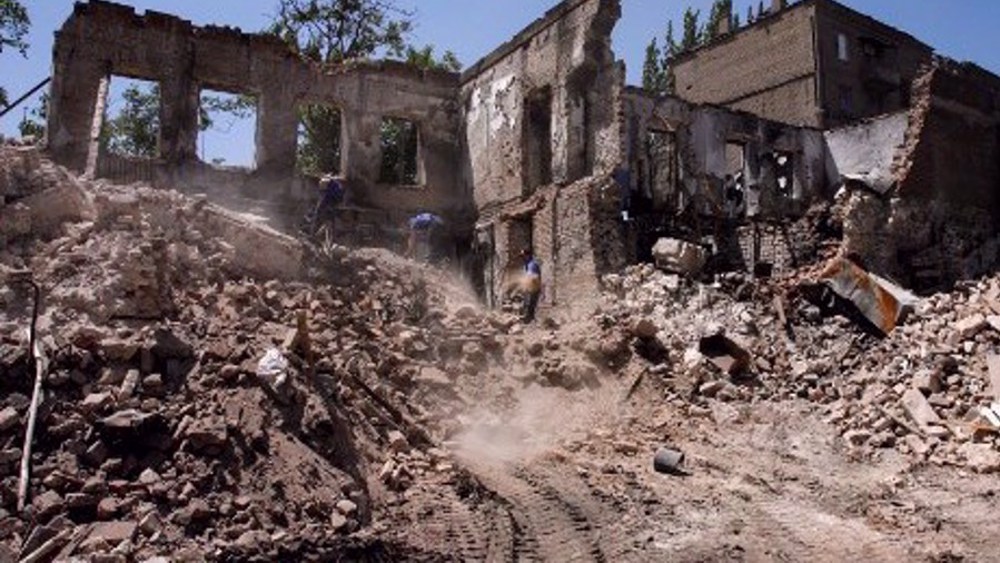
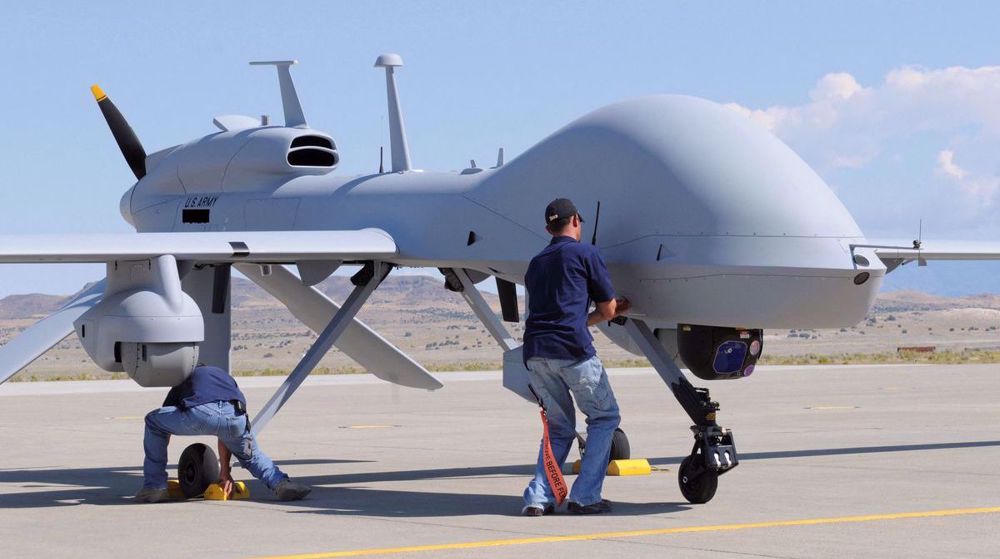
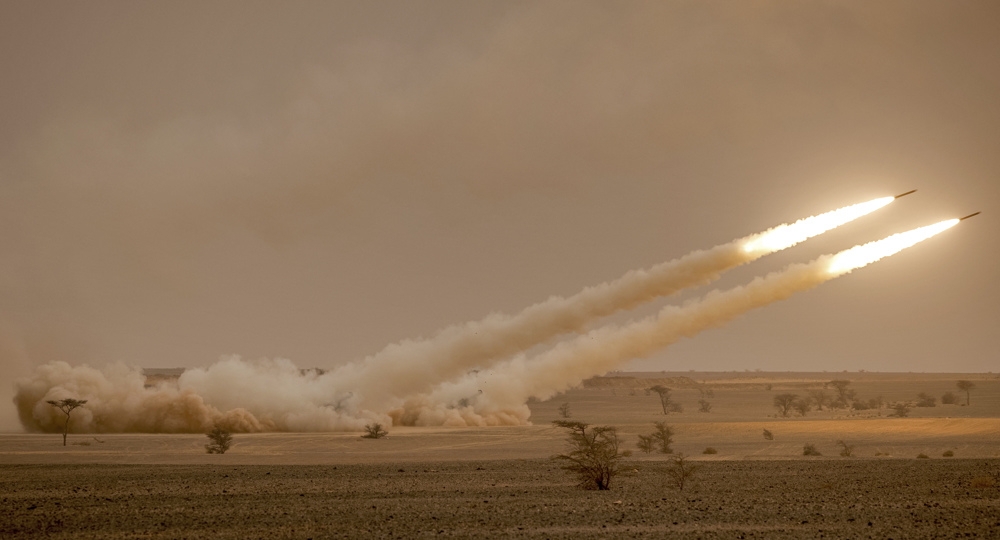
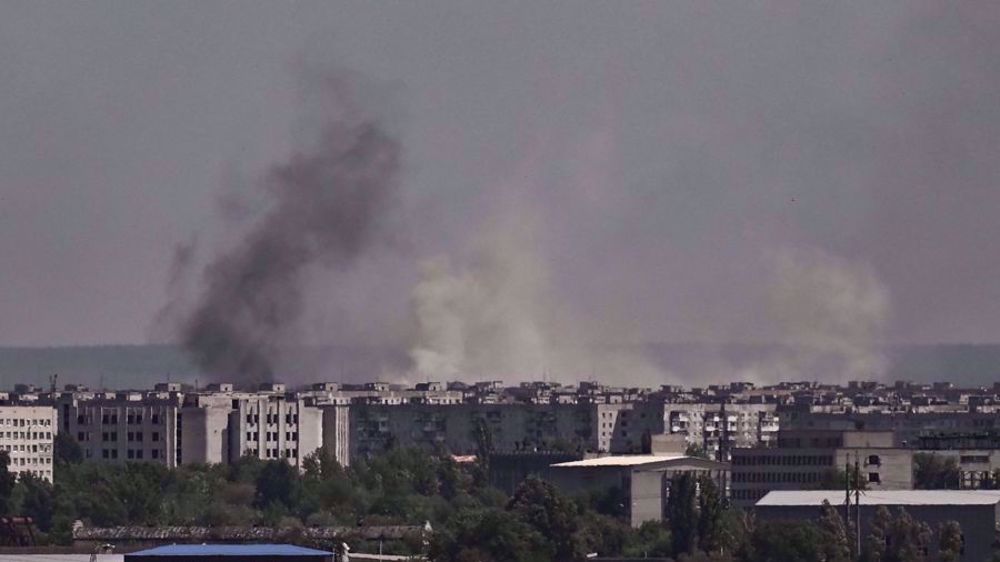

 This makes it easy to access the Press TV website
This makes it easy to access the Press TV website